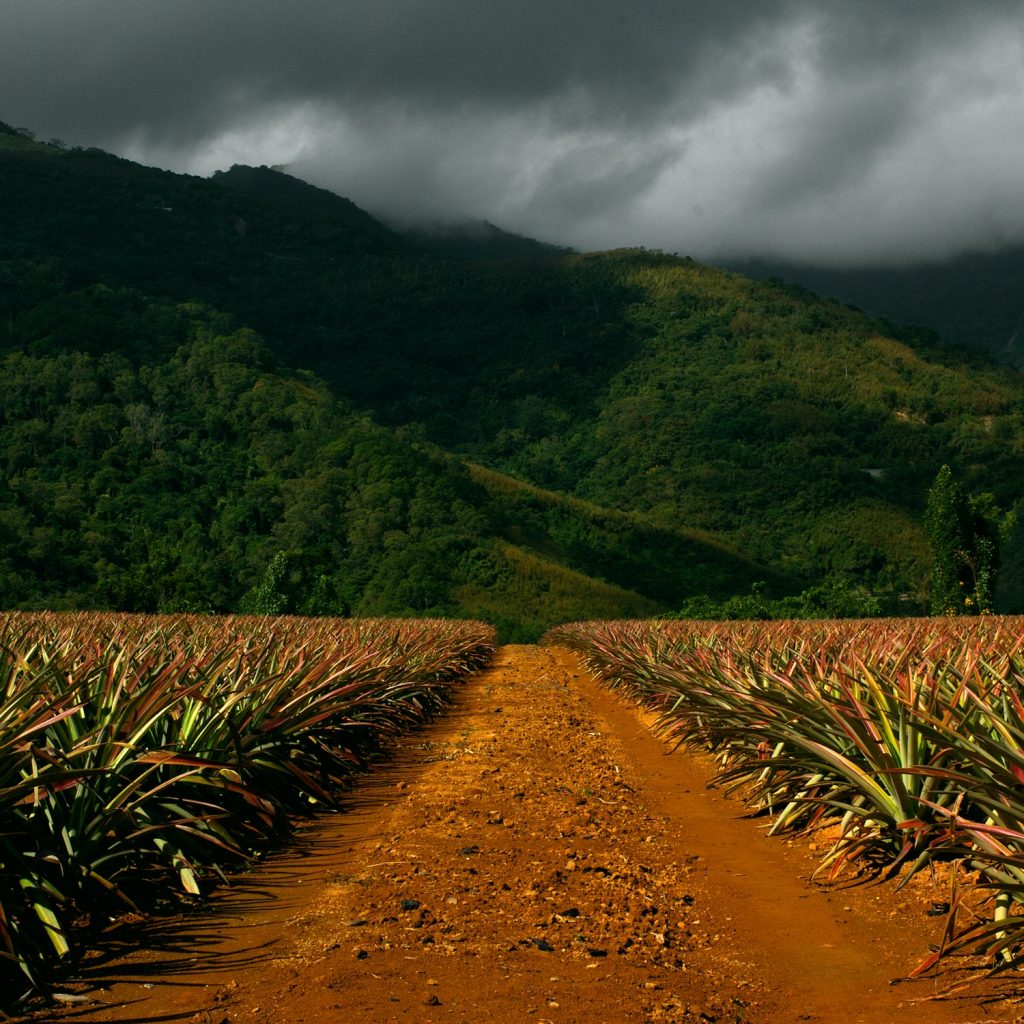
CMSI Lecture – Vandana Saxena
Event date and time: Thursday 26 October, 4.30 p.m. – 6.00 p.m.
Location: Camelot meeting room (3.30), Faculty of Arts and Philosophy, Blandijnberg 2, 9000 Gent
Registration: https://event.ugent.be/registration/VandanaSaxena
Speaker: Dr Vandana Saxena (Universiti Malaya, Malaysia)
Abstract: Since language is the primary medium for the production and sustenance of memory, whether personal or collective, the politics of language is inscribed in the mnemonic productions of the past. In postcolonial nations, contestations in the arena of memory are embedded within dualisms like colonial language versus indigenous languages, or the debates surrounding the issue of national language and the position of other languages vis-à-vis the national language. How does the politics of language affect and shape the arena of postcolonial memories? And what happens when it encounters the politics of gender and race? This talk will discuss the mnemonic representations of Tamil women plantation workers in British Malaya. Brought as indentured labour from India to work on Malayan rubber plantations, Tamil women plantation workers have been an important part of the colonial and postcolonial Malaysian economy and society. Yet, their histories and experiences are recounted mostly in the English language, either via archival documents of the colonial administration and the memoirs and ‘confessions’ of the British planters in Malaya, or via the accounts of the post-independence Malaysian state, where the gaps and silences of colonial accounts are filled in by state narratives. It is only recently that their own accounts of indenture have attracted attention, with the rediscovery of two volumes of plantation worker songs collected and published in the 1960s. These songs are in Tamil, and one of the reasons why they have been largely forgotten is due to the place of Tamil in Malaysia as a language of the migrant indentured labour community. These plantation songs highlight women’s experiences of migration from India, their life in the plantation, their efforts to create and preserve ‘India’ in Malaya, and their thoughts on British colonialism and anti-colonial movements. These memories, though they exist in the public arena, have been nearly forgotten given the language politics of postcolonial Malaysia as well as the marginalization of the subject on account of gender, race, and class. This talk shall discuss the songs of Tamil women plantation workers as a form of counter-memory that challenges colonial and postcolonial narratives. It shall further discuss the potential of minority-language literature to complicate and politicize colonial and national memory.

Bio: Dr Vandana Saxena teaches in the Faculty of Arts and Social Science at the Universiti Malaya, Malaysia. Her main research interests are South and Southeast Asian literatures, history, and memory studies. Her latest book, Memory and Nation-Building, explores the memories of World War II in contemporary Malaysian literature. She has published several papers and books on aspects of memory like memory, trauma, and postcolonialism.
